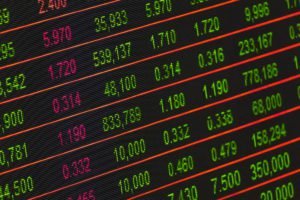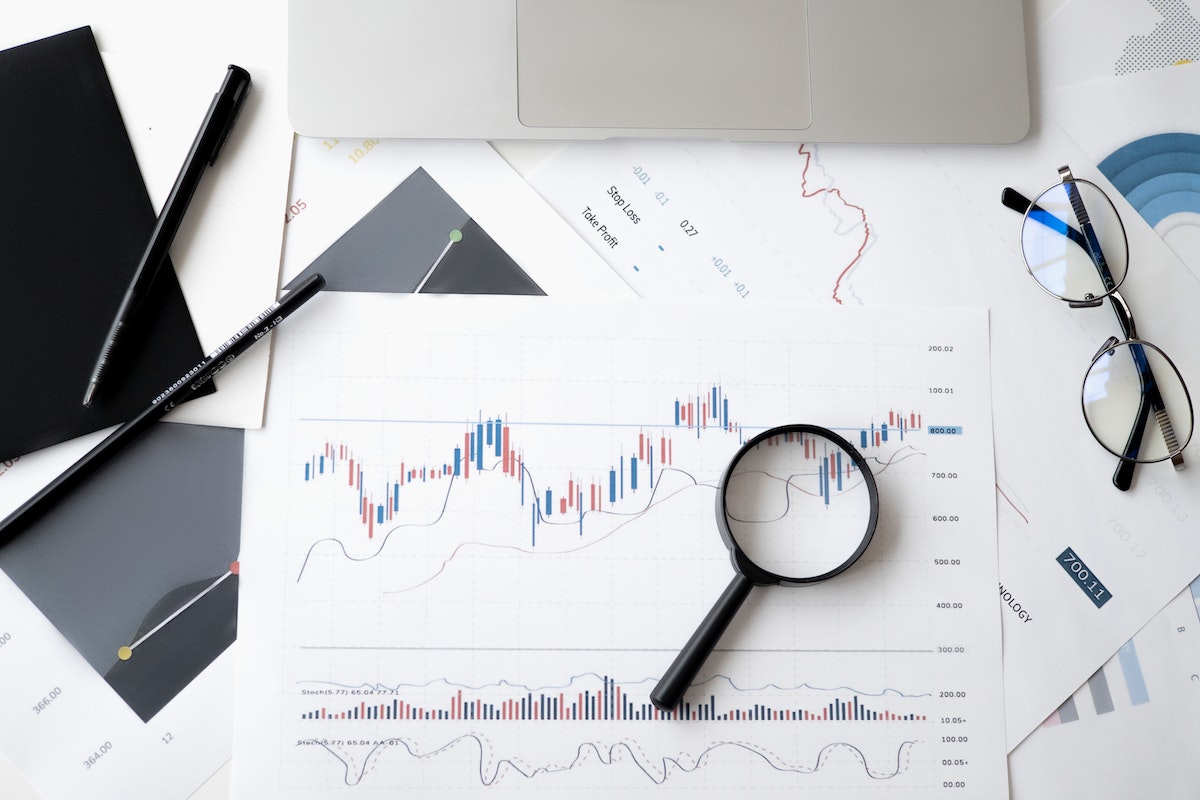Forex Trading in Australia
Forex trading involves buying and selling currencies in pairs, such as the USD/EUR or AUD/USD. The forex market is open 24 hours a day, five days a week, allowing traders to participate at any time. The market operates on a decentralized network of banks, financial institutions, and individual traders who exchange currencies electronically.
Forex trading is a popular way of making money in Australia, with many individuals and businesses investing in the forex market. The Australian Securities and Investments Commission (ASIC) regulates forex brokers and ensures they comply with strict rules and regulations. Forex trading in Australia is relatively safe, as the ASIC has implemented several measures to protect traders from fraudulent activities.
Forex traders in Australia can access various trading platforms, including MetaTrader 4 and MetaTrader 5. These platforms allow traders to access live price feeds, charts, technical indicators, and news updates. Forex brokers in Australia offer competitive spreads, low commissions, and leverage of up to 500:1, enabling traders to amplify their gains or losses.
One of the advantages of forex trading in Australia is the availability of educational resources and training programs. Many forex brokers offer free educational materials, webinars, and tutorials to help traders improve their skills and knowledge. Additionally, the Australian forex market has a vibrant community of traders who share trading strategies, insights, and market analysis.
However, forex trading is a high-risk activity that requires a thorough understanding of the market and the associated risks. Forex markets are highly volatile and can experience sudden and significant price movements. Traders who fail to manage their risks properly can suffer substantial losses.
To mitigate risks, traders in Australia should follow a few essential rules. Firstly, they should only trade with regulated forex brokers who comply with the ASIC’s regulations. Secondly, traders should have a trading plan and stick to it, avoiding impulsive decisions based on emotions or hunches. Thirdly, traders should use stop-loss orders to limit their losses if the market moves against them.
 In conclusion, forex trading in Australia offers many opportunities for traders to make money, but it also involves significant risks. The forex market is a complex and dynamic environment that requires a thorough understanding of market dynamics, risk management strategies, and trading psychology. Aspiring traders should invest time learning and practising before committing real money to the market. By following the best practices and avoiding common mistakes, traders can succeed in the forex market and achieve their financial goals.
In conclusion, forex trading in Australia offers many opportunities for traders to make money, but it also involves significant risks. The forex market is a complex and dynamic environment that requires a thorough understanding of market dynamics, risk management strategies, and trading psychology. Aspiring traders should invest time learning and practising before committing real money to the market. By following the best practices and avoiding common mistakes, traders can succeed in the forex market and achieve their financial goals.
Forex trading in Australia is a highly competitive and rapidly growing industry, attracting traders of all levels of experience and capital. In recent years, the popularity of forex trading has increased, with many individuals seeking to invest their money in the market. This has led to a surge in forex brokers operating in Australia, offering a range of trading platforms, tools, and services.
One of the significant advantages of forex trading in Australia is the availability of a diverse range of trading products. Traders can access multiple currency pairs, including major, minor, and exotic. They can trade other financial instruments, such as commodities, indices, and cryptocurrencies. This gives traders various options to diversify their portfolios and hedge against risks.
Forex brokers in Australia offer traders various trading accounts, including demo accounts, micro accounts, standard accounts, and ECN accounts. Each account type has its own benefits and drawbacks, and traders should choose an account that suits their trading style and objectives. Additionally, forex brokers offer various deposit and withdrawal methods, including bank transfers, credit cards, and e-wallets, making it easy for traders to fund their accounts and withdraw their profits.
Forex trading in Australia is regulated by the ASIC, which ensures that forex brokers comply with strict rules and regulations. The ASIC requires forex brokers to maintain segregated client funds, provide negative balance protection, and disclose all relevant information to their clients. This provides traders with high security and protection against fraudulent activities.
To succeed in forex trading in Australia, traders need to develop a sound trading strategy and stick to it. A trading strategy should include entry and exit points, risk management rules, and a money management plan. Traders should also use technical and fundamental analysis to identify potential trading opportunities and monitor market trends.
Forex trading in Australia requires discipline, patience, and emotional control. Traders should avoid impulsive decisions and stick to their trading plans. They should also learn to manage their emotions and avoid emotional trading, which can lead to costly mistakes.
Another important aspect of forex trading in Australia is education and training. Additionally, traders can access a wealth of information online, including market analysis, trading tips, and forums where they can interact with other traders.
In conclusion, forex trading in Australia offers many opportunities for traders to profit from the forex markets. However, it also involves significant risks and requires traders to develop a sound trading strategy, manage their risks, and control their emotions. By following the best practices and avoiding common mistakes, traders can succeed in the forex market and achieve their financial goals. Forex trading in Australia can be rewarding and exciting with the right mindset, skills, and tools.



